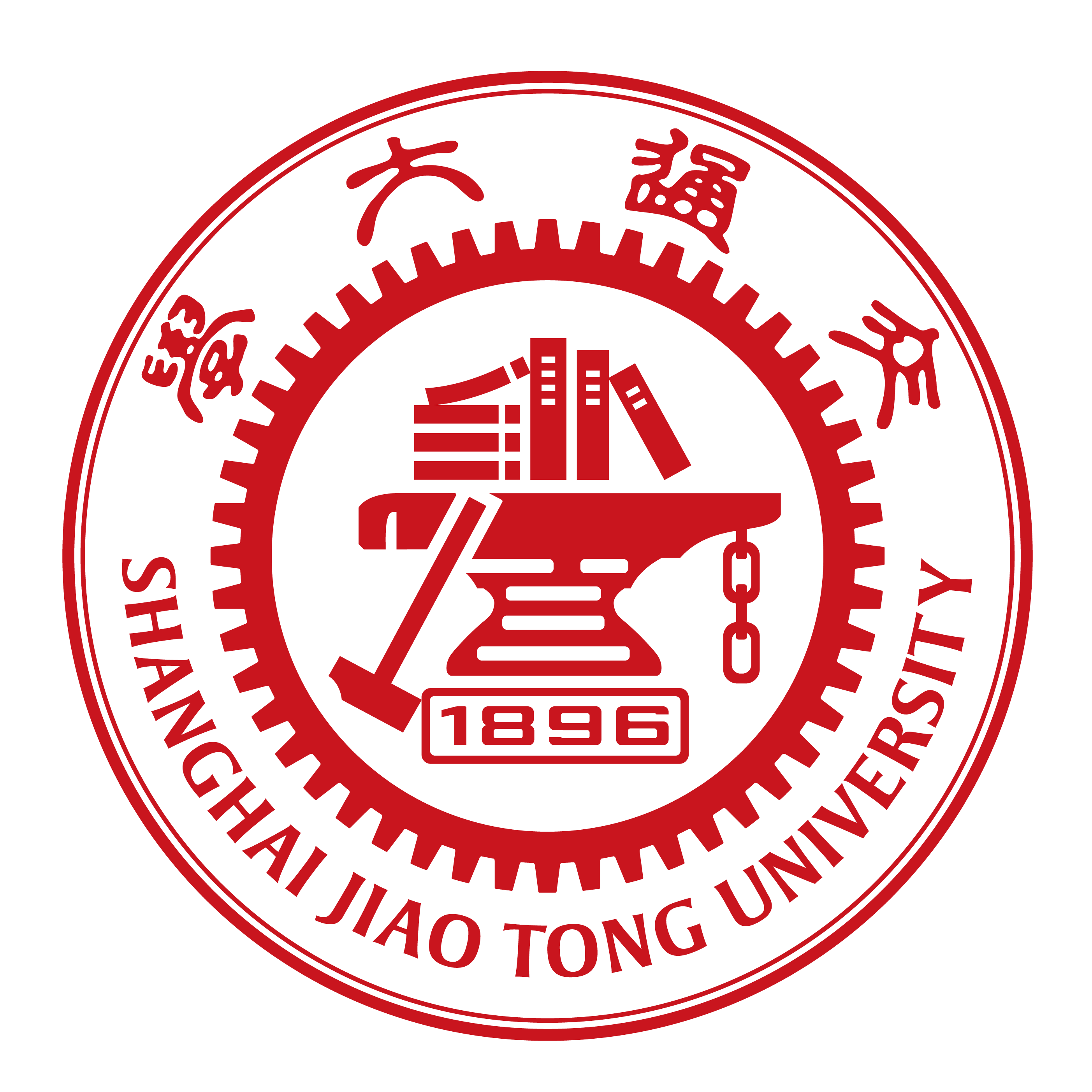In Oct. 11 2024, Prof. Gerhard Erker from Universität Münster visited us at Zhang jiang Institute for Advanced Study, Shanghai Jiao Tong Unversity and gave an inspiring talk on Boranes and Frustrated Lewis Pairs!
Introduction: Prof. Dr. Gerhard Erker obtained his PhD at Ruhr-Universität Bochum in 1973 (W. R. Roth). During 1974-75, he worked as a Postdoctoral Fellow at Princeton University in the group of Prof. Maitland Jones, Jr. He started his habilitation in organic chemistry at Ruhr-Universität Bochum in 1981 and was promoted to be a C3 professor at Universität Würzburg in 1985. After 5 years, he moved to Universität Münster as a C4/W3 professor. He was appointed as the President of the Gesellschaft Deutscher Chemiker (2001-2002) and elected as the member of Academia European (since 2003) and National Academy of Sciences Leopoldina (since 2011). He has received many awards, including Max-Planck-Research-Award, Adolf-von-Baeyer-Denkmünze of the GDCh, Wener Heisenberg-Medialle der Alexander von Humboldt-Stiftung, and Order of Merit of the Federal Republic of Germany. He has supervised 141 doctoral students and 70 Postdocs and 2 habilitations. His research interests focus on the fields of Organometallic Chemistry and Catalysis as well as in Main Group Element Chemistry.
Abstract: The talk will focus on some selected recent advances in main group element chemistry. The unusual reactions of “frustrated Lewis pairs” (FLPs) are presented and discussed. These pairs are, for instance, composed of phosphane/borane combinations whose molecular design effectively hinders them to undergo the usual neutralization reaction by Lewis adduct formation. FLPs may undergo metal reminiscent small molecule activation reactions – this is illustrated by their heterolytic dihydrogen splitting ability and use in metal-free catalytic hydrogenation. A variety of additional FLP small molecule reactions will be presented. In addition, some specially designed borane reactions will be discussed, including selective borole and borapyramidane formation.
